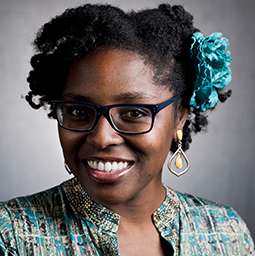Personal Counseling Services
You Matter.
Personal Counseling Services (PCS) at Edgewood College provides free, confidential mental health support. Short-term individual counseling is available to help students with a wide range of issues, such as life transitions, relationship difficulties, depression, anxiety, grief, trauma, identity exploration, discrimination, academic issues, substance abuse, trauma, self-esteem, body image, stress management, self-injury, and/or suicidal thoughts. While individual counseling is PCS’s most frequently used service, we offer a number of supports to promote student mental health and wellbeing, from group counseling to our relaxation room.
To be eligible for services, students must currently reside in the state of Wisconsin. Counseling services are available for out-of-state students through our virtual platform, Uwill. Students will need their Edgewood College username and password to sign up.
Interested in additional on-campus, local, or national resources? Check our mental health resources page here, which can help with everything from finding the right provider to learning what resources are available following a sexual assault.
Personal Counseling Services Staff

Stephanie joined Personal Counseling Services as a staff clinician in 2016. Prior to coming to Edgewood, she completed her post-doc at the University of Wisconsin-La Crosse. Stephanie is originally from Long Beach, CA and received her BA at Amherst College in Massachusetts. She obtained an M.A. and Psy.D. in clinical psychology at Rosemead School of Psychology in Southern California. As a generalist Stephanie works with most every concern that students bring but has a passion for working with folks on self-care, maintaining healthy relationship boundaries, disordered eating struggles, healing from trauma, spiritual or religious issues, and issues related to race, ethnicity, sexuality, and other areas of culture and identity development. In her free time Stephanie enjoys dancing, reading sci-fi/fantasy novels, traveling, eating spicy foods, and watching movies.

Megan Cobb-Sheehan completed her B.S. in Psychology from the University of Oregon, her Ph.D. in Counseling Psychology from Auburn University, and her post-doctoral fellowship at the University of Wisconsin-La Crosse. She joined Personal Counseling Services in 2013. She takes a person-centered approach to therapy, while also placing emphasis on patterns learned from family and early life experiences. Therapy can help discover which patterns may be helpful or hindering and can provide opportunities for change and empowerment. Megan’s areas of expertise include depression and anxiety, trauma, disordered eating, and family & relationship concerns.